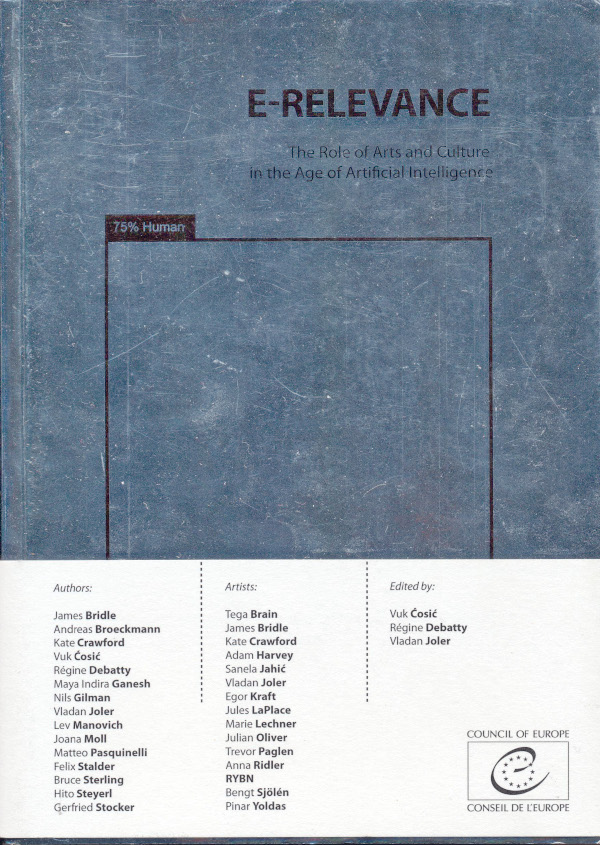The practice of intentionally infecting individuals with COVID-19 through Human Challenge Studies has sparked ethical debates and raised scientific questions about the virus. As discussed in a recent article on The Conversation (https://theconversation.com/human-challenge-studies-what-weve-learned-from-intentionally-infecting-people-with-covid-197767), this controversial approach involves exposing participants to the virus in a controlled environment to better understand its dynamics, develop treatments, and potentially accelerate vaccine development. Proponents argue that such studies can provide valuable insights into the virus's behavior and aid in the development of more effective medical interventions. However, critics express concerns about the potential risks to participants and the need for stringent ethical oversight.
The article delves into the lessons learned from Human Challenge Studies, highlighting both the scientific advancements and the ethical considerations surrounding intentional infection. It explores the balance between the potential benefits of accelerated research and the responsibility to ensure the safety and well-being of study participants. As the scientific community navigates the complexities of studying infectious diseases in this manner, ongoing dialogue and careful scrutiny remain crucial to strike a balance between advancing knowledge and upholding ethical standards in medical research.


















